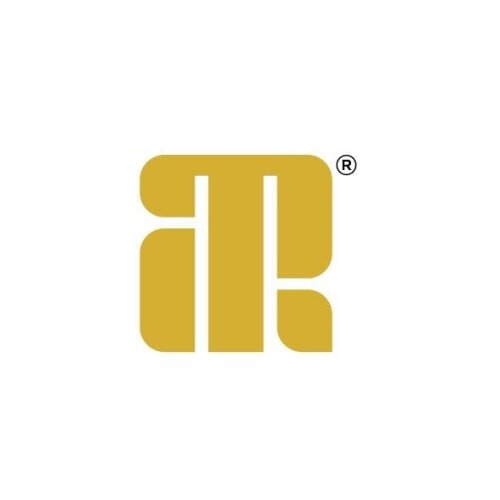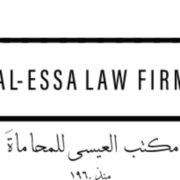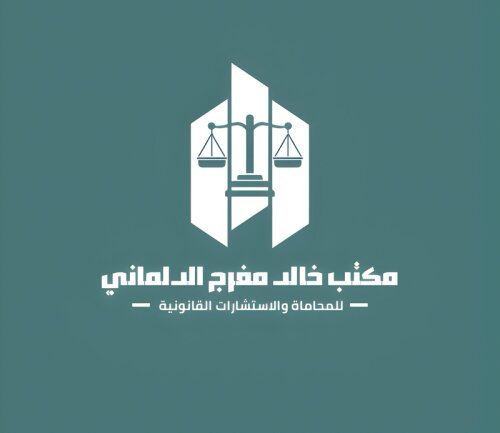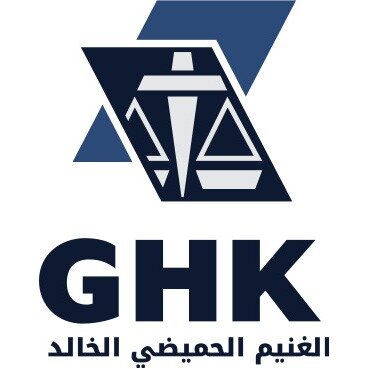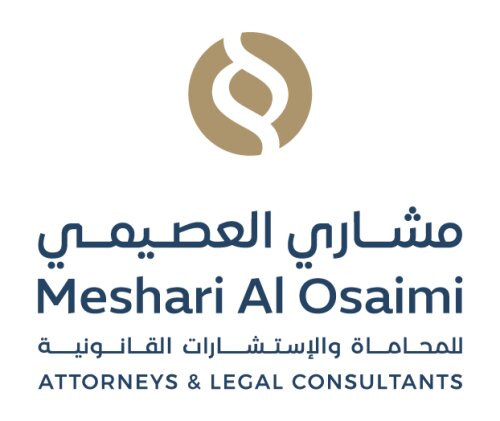Best FDA Law Lawyers in Kuwait City
Share your needs with us, get contacted by law firms.
Free. Takes 2 min.
List of the best lawyers in Kuwait City, Kuwait
About FDA Law in Kuwait City, Kuwait
FDA Law, commonly understood as laws regulating food, drugs, and medical devices, is an essential area for public health and safety in Kuwait City, Kuwait. The Kuwaiti approach to FDA Law is governed mainly by the Ministry of Health (MOH), which serves a similar regulatory function to the United States FDA but is tailored to Kuwait's specific legal, cultural, and societal needs. The MOH sets and enforces rules on the registration, import, manufacture, distribution, and marketing of food, pharmaceuticals, cosmetics, and medical devices to ensure product safety and effectiveness for consumers.
Why You May Need a Lawyer
Navigating FDA Law in Kuwait City can be complicated, especially for companies or individuals involved in the manufacturing, importation, or sale of regulated products. You might require a lawyer for a variety of reasons, including:
- Registering new pharmaceutical drugs, food items, or medical devices with the Ministry of Health.
- Understanding and complying with Kuwait’s complex labeling, advertising, and product safety requirements.
- Handling product recalls or addressing compliance violations.
- Defending against enforcement actions, penalties, or product seizures by health regulators.
- Advising on intellectual property related to pharmaceuticals or medical technology.
- Navigating import/export restrictions and customs regulations for FDA-regulated products.
- Establishing or reviewing contracts with suppliers or distributors for FDA-regulated goods.
Local Laws Overview
In Kuwait City, FDA-related laws are primarily enacted and enforced by the Ministry of Health, in coordination with other agencies such as the Kuwait Municipality for food safety and the Customs authority for imports. Key legal aspects include:
- Product Registration: All pharmaceuticals, medical devices, food products, and cosmetics must be approved and registered with the relevant department before entering the Kuwaiti market.
- Labeling and Advertising Standards: There are strict rules regarding accurate labeling (in both Arabic and English), listing ingredients, expiry dates, country of origin, and prohibiting misleading claims.
- Import/Export Restrictions: Only entities with valid licenses can import or distribute regulated products. Some products may be banned or further restricted due to health or religious (halal) considerations.
- Inspections and Enforcement: Regulatory authorities have the right to inspect premises, seize non-compliant products, and issue fines or other sanctions for violations.
- Clinical Trials and Testing: New pharmaceuticals often require clinical data and approval from specialized committees before registration and commercial sale.
- Recalls and Adverse Event Reporting: Companies must have systems for reporting adverse effects and recalling products posing health risks.
Frequently Asked Questions
What agency is responsible for FDA Law compliance in Kuwait?
The Ministry of Health is the primary regulatory body overseeing food, drug, and device laws. It works with other bodies including Kuwait Municipality and the Customs authority.
Can I sell a foreign medicine in Kuwait without local registration?
No, all pharmaceuticals must be registered and approved by the Ministry of Health before entering the Kuwaiti market.
Is bilingual labeling mandatory in Kuwait?
Yes, products must have labels in both Arabic and English containing details like the product name, ingredients, expiry date, and manufacturer.
Are there restrictions on food additives in Kuwait?
Yes, Kuwait prohibits specific food additives and requires all permitted additives to comply with Gulf Cooperation Council (GCC) standards.
What should I do if my product is recalled?
Immediately inform the relevant authorities, implement the recall as directed, and work with legal counsel to ensure full compliance and limit liabilities.
How can we register a medical device in Kuwait?
Submit an application with technical data, clinical evaluations, safety certifications, and other supporting documents to the Ministry of Health for approval.
What are the penalties for non-compliance with FDA regulations?
Penalties can include heavy fines, recalls, bans on selling certain products, business license suspension, and even criminal prosecution in severe cases.
Is halal certification required for food products?
Yes, all food products, especially those containing meat, must comply with Islamic (halal) standards and possess valid certification.
Can advertising claims for drugs be made freely?
No, all advertising for drugs must be pre-approved and must not make misleading claims; there are detailed rules minimizing false or exaggerated health benefits.
What role do customs authorities play in FDA Law?
Customs officials enforce import restrictions at borders, ensuring only registered and legal goods enter Kuwait, and coordinating with health authorities to detain or seize non-compliant items.
Additional Resources
Here are key resources for further information and assistance:
- Ministry of Health (MOH), Kuwait: Responsible for regulatory approval, inspection, compliance, and policy making related to food, drugs, and medical devices.
- Kuwait Municipality: Oversees food hygiene, licensing, and local inspections.
- Kuwait Customs Authority: Manages import/export regulations for regulated products.
- Kuwait Chamber of Commerce and Industry: Offers guidance for businesses on complying with local commercial and product regulations.
- Local law firms with expertise in FDA Law: Essential for tailored legal advice and representation.
Next Steps
If you need legal assistance with FDA Law in Kuwait City:
- Identify the specific issue or compliance need requiring attention, such as product registration, labeling, or dealing with an enforcement action.
- Gather all relevant documentation, including product details, correspondence with authorities, and previous approvals or licenses.
- Contact a qualified Kuwaiti law firm or legal consultant specializing in FDA Law to review your case and advise on the appropriate course of action.
- If dealing with urgent issues such as recalls or product seizures, act swiftly and consult legal counsel to minimize risks and resolve disputes effectively.
- Keep abreast of regulatory changes and maintain open communication with the Ministry of Health or relevant bodies to ensure ongoing compliance.
Lawzana helps you find the best lawyers and law firms in Kuwait City through a curated and pre-screened list of qualified legal professionals. Our platform offers rankings and detailed profiles of attorneys and law firms, allowing you to compare based on practice areas, including FDA Law, experience, and client feedback.
Each profile includes a description of the firm's areas of practice, client reviews, team members and partners, year of establishment, spoken languages, office locations, contact information, social media presence, and any published articles or resources. Most firms on our platform speak English and are experienced in both local and international legal matters.
Get a quote from top-rated law firms in Kuwait City, Kuwait — quickly, securely, and without unnecessary hassle.
Disclaimer:
The information provided on this page is for general informational purposes only and does not constitute legal advice. While we strive to ensure the accuracy and relevance of the content, legal information may change over time, and interpretations of the law can vary. You should always consult with a qualified legal professional for advice specific to your situation.
We disclaim all liability for actions taken or not taken based on the content of this page. If you believe any information is incorrect or outdated, please contact us, and we will review and update it where appropriate.



